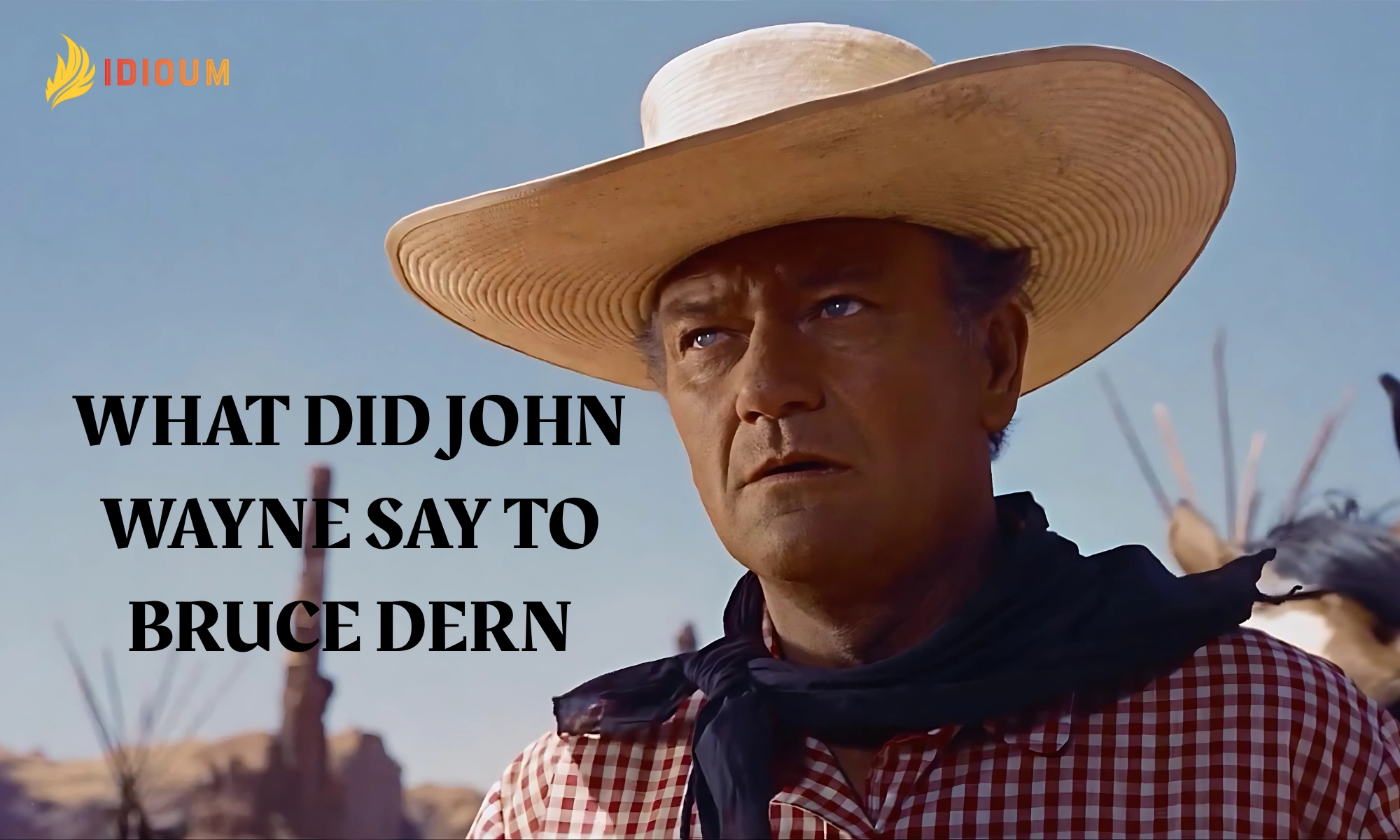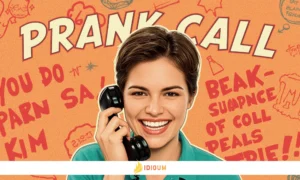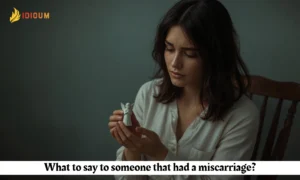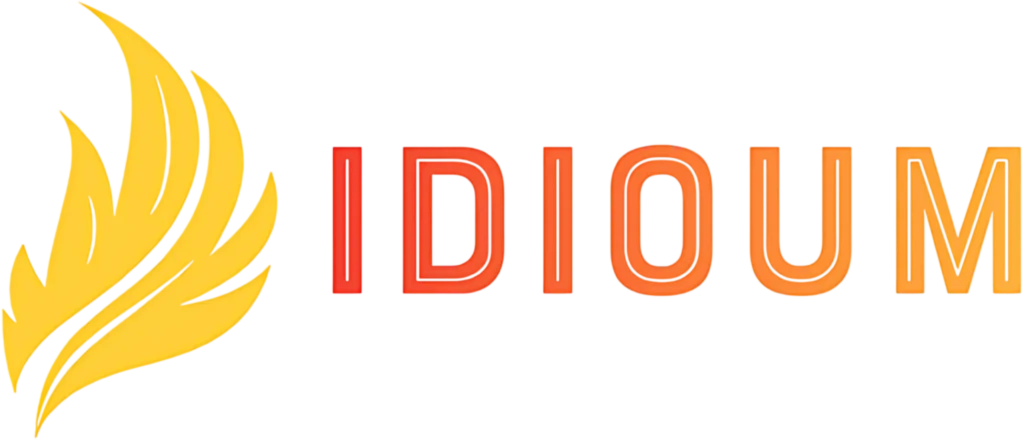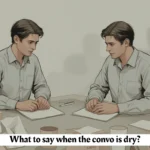Hollywood is full of unforgettable moments but some of the most powerful ones happen behind the scenes.
One such moment has sparked curiosity for decades: What did John Wayne say to Bruce Dern? This question takes us back to 1972’s classic Western, The Cowboys.
In the film, Bruce Dern played a cold-blooded villain who did the unthinkable: he killed off John Wayne’s beloved character.
At the time, Wayne was a symbol of American toughness. Seeing his character die at the hands of Dern was shocking. But the real story?
It happened off-camera when Wayne gave Dern a serious warning before filming. That one comment wasn’t just about acting.
It predicted the backlash Dern would face and became a legendary moment in Hollywood.
Let’s explore what was said, why it mattered, and what it teaches us about storytelling, reputation, and respect.
The Iconic Scene: What Did John Wayne Say to Bruce Dern?
In The Cowboys, John Wayne played Wil Andersen, a rugged rancher leading a group of boys on a cattle drive.
Bruce Dern played Long Hair, a dangerous outlaw. The movie takes a dark turn when Dern’s character shoots Wayne’s character in the back.
Before that tragic scene, Wayne delivers a line that feels deeply personal:
“I’m thirty years older than you are. I had my back broken once, and my hip twice. And on my worst day, I could beat the hell out of you.”
That line wasn’t just tough talk. It reflected Wayne’s real-life grit. It set the emotional tone for the betrayal that followed.
The power of this moment lies in the contrast it made audiences feel that Wayne’s character couldn’t be taken down, especially not by someone like Dern’s. And yet, the unthinkable happened.
The scene hit hard. And it made the audience ask: Was this acting, or was something deeper going on?
Behind the Scenes: The Real-Life Warning from Wayne to Dern
The most talked-about part of this story isn’t even in the movie. It’s what John Wayne reportedly told Bruce Dern before they filmed the scene:
“If you do this, you’re going to be the most hated man in America.”
Wayne wasn’t angry, he was just honest. He knew his fans loved him. Seeing someone kill “The Duke” on screen would feel personal to millions. He wanted Dern to know what he was walking into.
And he was right. After the movie premiered, fans wrote angry letters. Some refused to watch Dern’s other films.
It didn’t matter that it was a role. People saw Bruce Dern as the man who took down their hero.
This warning shows just how strongly audiences connect to characters. And how one bold scene can leave a lasting mark on both an actor’s career and public opinion.
How Bruce Dern Reacted to John Wayne’s Famous Words?
Bruce Dern didn’t take Wayne’s words as a threat. He took them as advice. In interviews years later, Dern said he appreciated Wayne’s honesty. It helped him prepare for what came after.
Dern was a serious actor. He knew the role would be controversial but he believed in the story. He said, “Somebody had to do it, and it was me.”
Still, the hate was real. People yelled at him in public. He got letters full of blame. He became known for playing “bad guys” for years.
But Dern never spoke badly about Wayne. In fact, he praised him for being a straight shooter.
That kind of respect between actors even when they’re on opposite sides of a story is what makes their work so powerful.
The Audience Backlash: When Fiction Felt Too Real
John Wayne wasn’t just an actor he was a symbol of strength, justice, and the American spirit. So when Bruce Dern’s character killed him, it didn’t feel like a movie moment. It felt personal.
Fans didn’t separate the actor from the character. Many were furious with Dern. Even though he was just doing his job, he became “the man who killed John Wayne.”
This reaction shows how deeply people can connect to characters. When someone hurts our “hero,” even in fiction, it can feel real.
That’s why Wayne gave the warning to let Dern know he’d be stepping into dangerous waters.
For Dern, it was both a challenge and a lesson. He took the backlash and kept going, but he never forgot what Wayne said.
The Legacy of That Line: How It Changed Movie History
The Cowboys changed everything. It was one of the first Westerns where the hero doesn’t survive. That shocked audiences and changed expectations.
John Wayne’s death on screen signaled a shift in storytelling. Movies didn’t have to end with the good guy winning.
They could end in loss, sacrifice, or surprise. This gave filmmakers more freedom to take risks.
Wayne’s warning to Dern wasn’t just a personal comment. It became part of Hollywood legend. It taught future actors and directors about the power of performance and the weight of a well-delivered line.
Because of this moment, The Cowboys remains one of the most talked-about Westerns in history.
Lessons from the Moment: Respect, Acting, and Impact
So, what can we learn from the question: what did John Wayne say to Bruce Dern?
First, it shows how powerful words can be. Wayne’s one sentence shaped the way Dern saw the role and how audiences reacted to it.
Second, it shows that even tough conversations can come from a place of respect. Wayne didn’t want to scare Dern. He wanted to prepare him.
And finally, it reminds us that stories stick with us not just the scenes, but the emotions behind them. When actors care deeply about their work, it shows. And sometimes, it changes movie history.
Final Thoughts
Now you know the answer to the famous question: what did John Wayne say to Bruce Dern?
It wasn’t just a quote. It was a warning, a prediction, and a moment of honesty between two professionals.
That one line became a part of movie legend, proving that sometimes the most powerful moments don’t happen on screen but behind it.
Wayne and Dern gave us more than just a scene. They gave us a story that still makes people think, feel, and remember.
